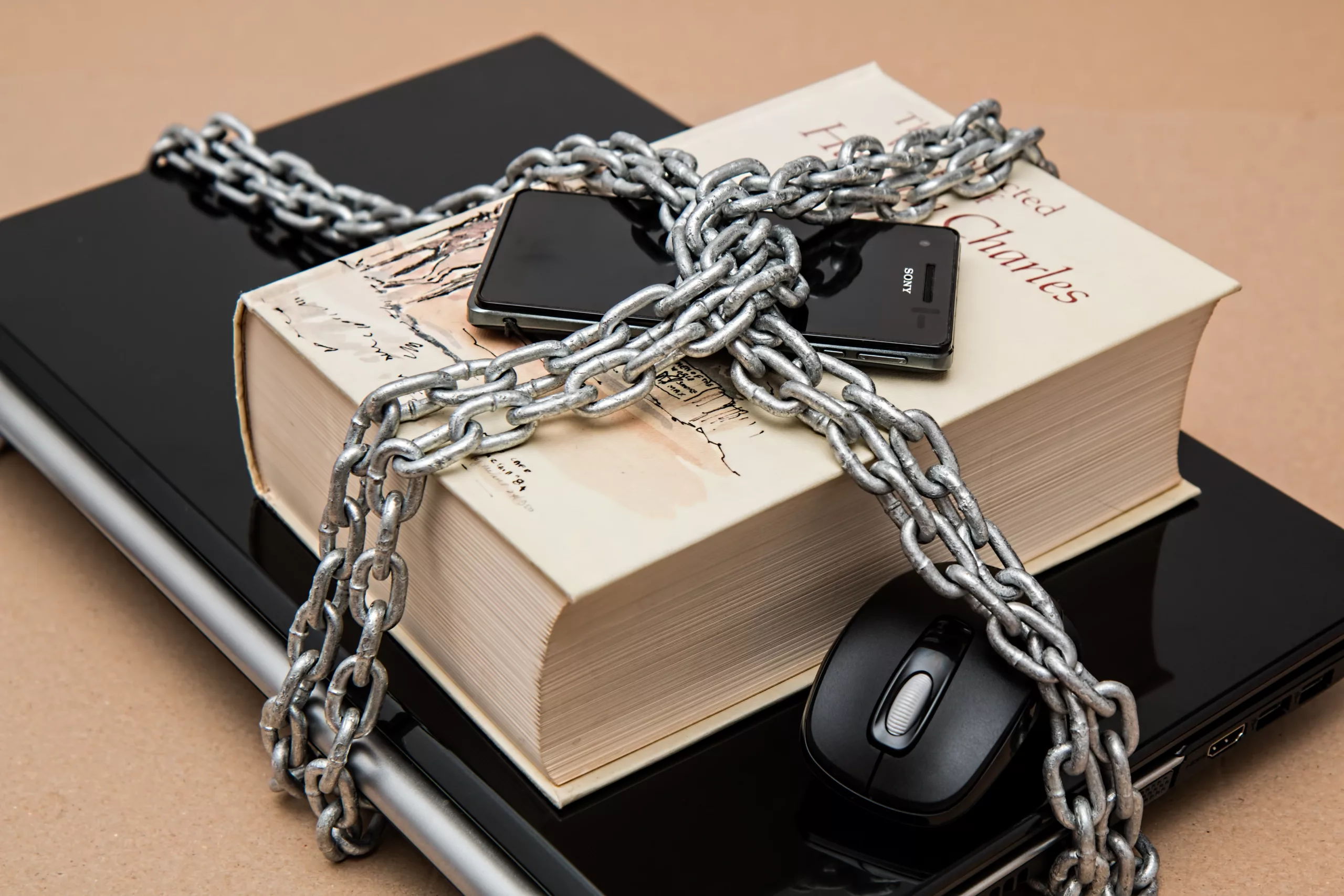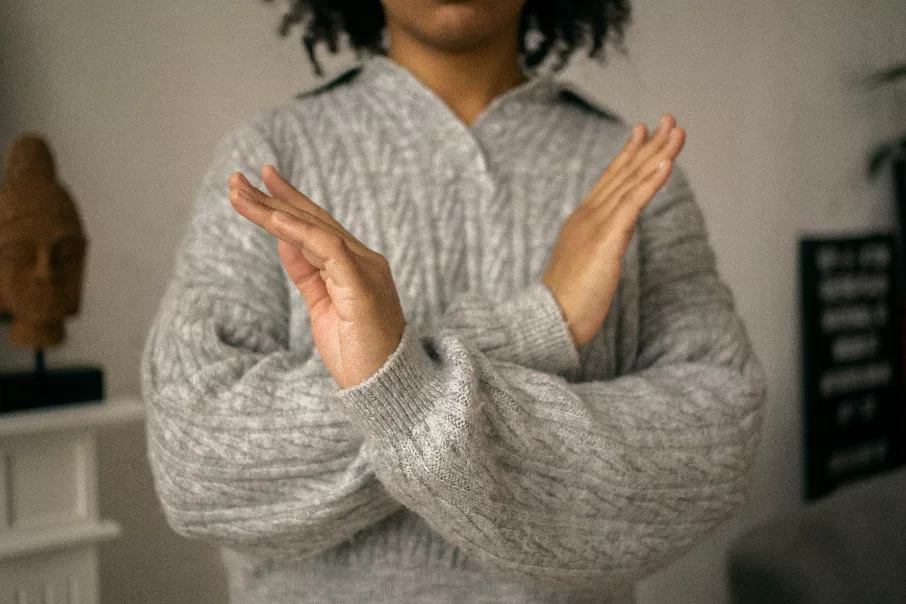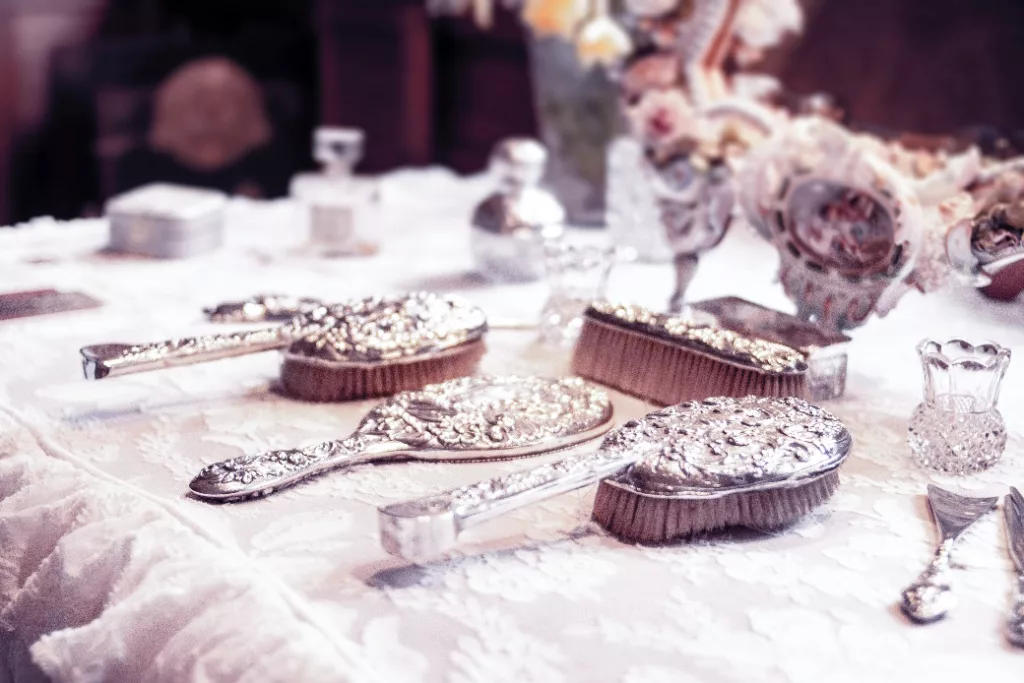
Charity auctions are a great way for nonprofits to raise money for a good cause. However, not all auction items are created equal, and some items can actually hurt your fundraising efforts. So, to help you out, let’s look at some auction items to avoid, what to do instead, and how not to behave to ensure a successful and memorable fundraising event.
What We’ll Cover
Auction Items to Avoid
It’s important to remember that the goal of a charity auction is to raise money, so you want to choose auction items that are likely to sell well. Procuring the right items for a charity auction is crucial for your auction’s success. To avoid a flop, we’ve created a list of the top auction items to steer clear of.

Offensive or Inappropriate Items
It should go without saying that anything that could be considered offensive or inappropriate should be avoided. This includes items that promote hatred or discrimination.

Expired Products
Auctioning off expired products, such as food or beauty products, is not only illegal but can also be harmful to the buyer. No one wants that!
Items That Are Too Personal
Avoid auctioning off items that are too personal or intimate. This could include items like undergarments or personal hygiene products.

Cheap and Poorly Made Items
Avoid cheaply made or low-quality items, as they are unlikely to generate much interest or excitement. People attend charity auctions to bid on unique and high-quality items, not cheap trinkets.
Unrelated Items
Ensure the items you choose align with the charity auction’s theme or the cause you’re supporting. For instance, if you’re hosting a fundraiser for a cancer charity, it’s best to avoid items that are irrelevant to cancer or health, as they’re unlikely to appeal to bidders. By ensuring your auction items are related to your cause, you’re more likely to attract interested bidders and generate the highest possible bids.

Overpriced Auction Items
While it’s important to choose high-quality items, it’s equally crucial to price them appropriately and offer items across a wide price range to cater to a broader audience. Don’t price items too high, as this can discourage people from bidding. Make sure you do your research and price items competitively so that you generate higher bids for your charity. Additionally, knowing your audience’s interests and preferences helps you choose auction items that align with their tastes and increase their participation and engagement.
Items That Are Difficult to Transport
When choosing auction items, consider how easy they will be to transport. Large or bulky items can be difficult to ship or even for bidders to take home, so avoid items that are too big or heavy. Also, consider the logistics of transporting the items to and from the event.

Donated Objects with a Negative History
Be careful when accepting donated items, as some may have a negative history or be associated with controversial figures. You don’t want to inadvertently offend anyone or damage your reputation by auctioning off an item with a questionable past.
Items with Too Many Restrictions

Don’t let your auction items be a turn-off! Avoid items with too many restrictions, like hotel stays with extensive black-out dates or vouchers with complicated rules. While there may be some black-out dates for donated items, the goal is to keep it simple and generate excitement and interest for your charity auction.
What Should You Not Do at an Auction?
While charity auctions are generally exciting and fun events, sometimes organizations and event organizers can make mistakes that detract from the overall experience. In this section, we’ll go over what can go wrong in an auction so you can avoid it and ensure a successful and enjoyable fundraising event.

Don’t Make Guests Feel Uncomfortable
Avoid topics or activities that may offend or alienate guests. This includes overly political or religious themes, inappropriate jokes or humor, or anything that may be considered discriminatory.

Don’t Make the Night Drag on/Bore Guests
Keep the program moving and engaging to maintain guests’ interest and excitement. Avoid long speeches or presentations, and incorporate interactive activities like a fund-a-need, raffles, or games.
Don’t Underestimate the Need for Volunteers and Staff
Ensure there are enough volunteers and staff on site to manage the event smoothly. This includes managing check-in and check-out, answering questions, and assisting with auction item pick-up. In particular, live auctions require additional staffing to manage bids, track winners, and process payments.
Don’t Neglect Marketing and Promotion

A successful charity auction requires effective marketing and promotion to attract bidders and generate interest. Use social media, email marketing, and other channels to promote the event and the auction items, and consider partnering with local media outlets for added exposure.
Don’t Forget to Show Appreciation
Thank guests for their attendance and support, and recognize any major donors or sponsors. This can be done through a brief speech or presentation, a thank-you note, or a small gift or token of appreciation.
By avoiding these common mistakes, nonprofits and event organizers can create a more enjoyable and successful charity auction that raises more funds for their cause.

![16 Best Fundraising Platforms for Nonprofits [2024] 16 Best Fundraising Platforms for Nonprofits [2024]](https://www.dojiggy.com/files/sites/164/2022/07/best-fundraising-platforms-for-organizations-1-425x264.webp)


